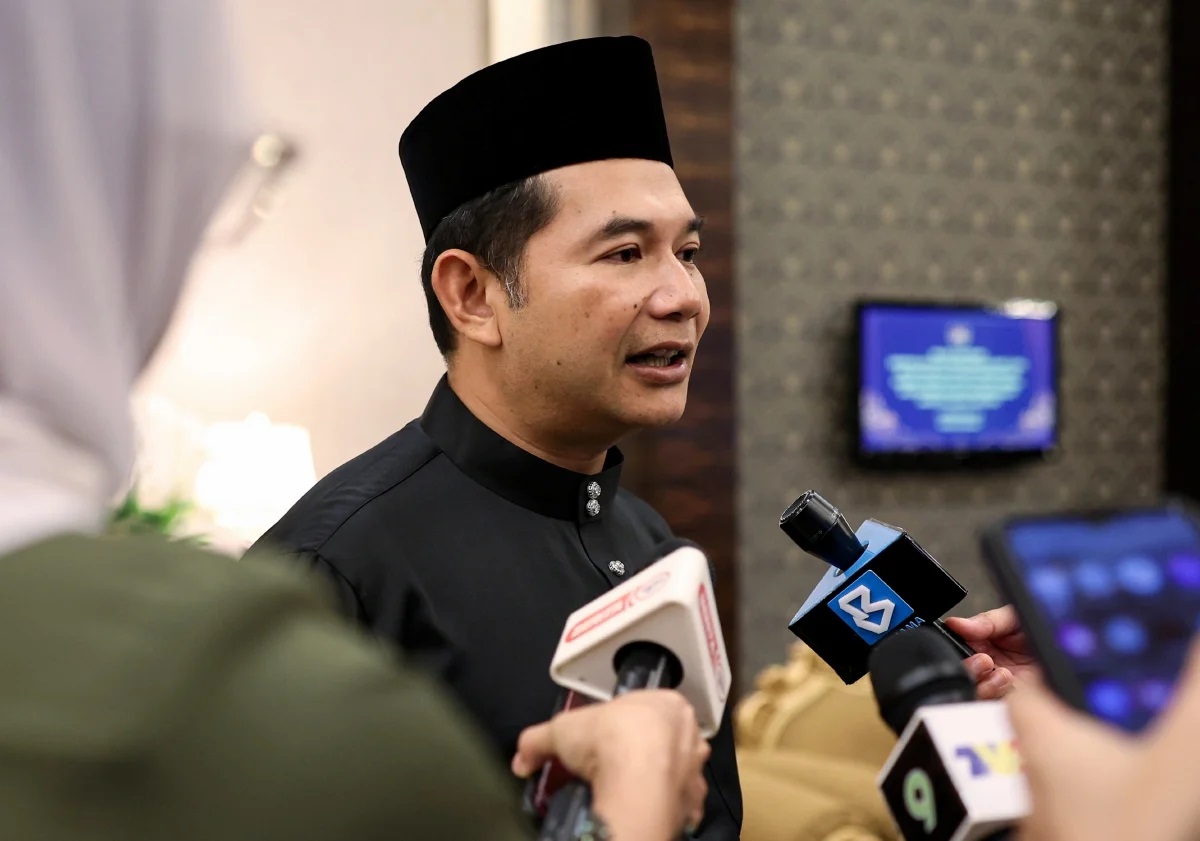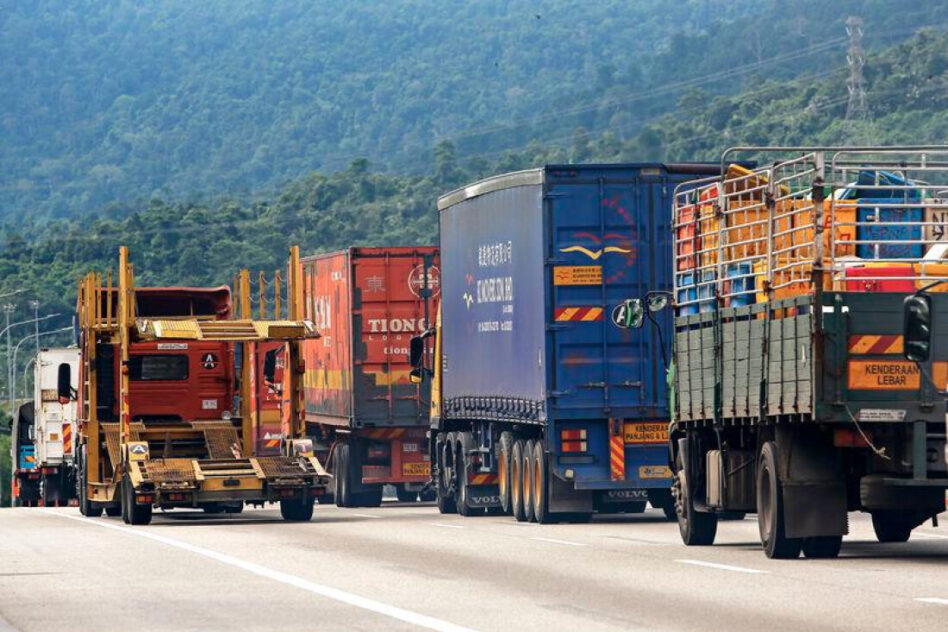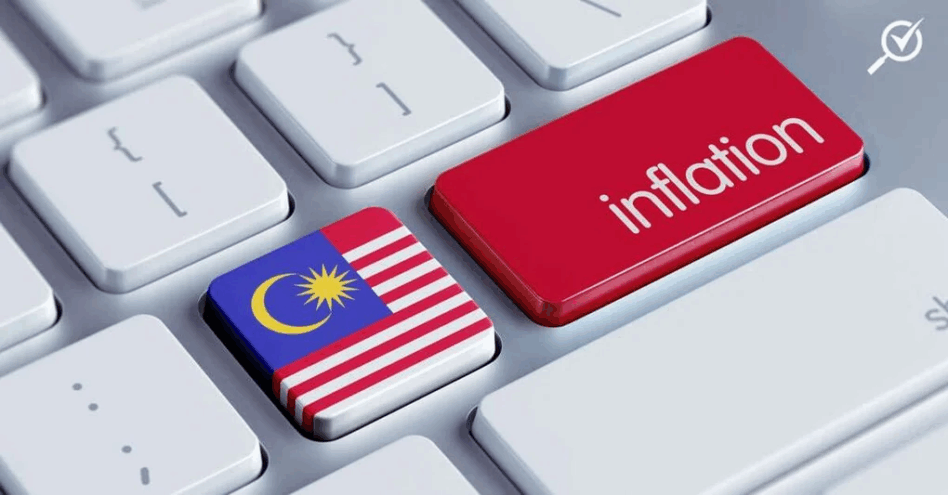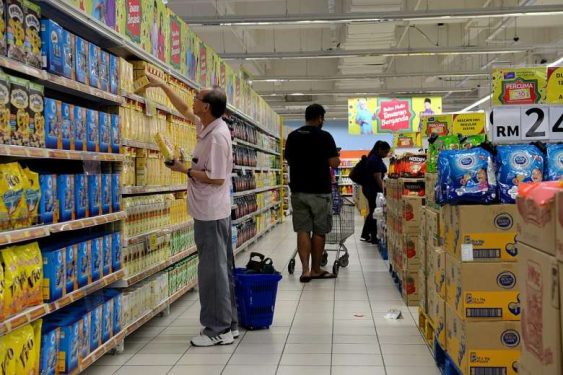THE Government still has room to control the country’s spending, particularly development spending, to ensure it is more prudent and accurate in accordance with project plans, which will help the government indirectly in terms of better revenue needs.
According to Economy Minister Rafizi Ramli, if the government is able to manage the implementation of an approved project well and ensure it is completed within the allocated budget without cost increases from year to year, the need to spend is reduced.
“When the need (to spend) is reduced, the project proceeds smoothly and with no delays, as we are in a budget deficit position, then the need for allocation is reduced, debt will also be lower.
“Hence, in the next 12 to 15 months, there’s no need to (introduce) new taxes, Goods and Services Tax (GST) and others. Planning project implementation better would help raise government revenue,” Bernama reported him as saying after delivering his address at the HSBC Asian Business Forum today.
Rafizi also added that the government should view GST as a better tax collection mechanism rather than a mechanism to collect more taxes.
In other countries, when people’s income reaches a certain level, the majority of them pay income tax, he claimed.
“Only that in terms of the process in collecting this (income) tax, it is more fussy as it involves a longer process. In comparison, the approach to collect income tax is more difficult than GST as GST is collected by traders for the government, so it does not need assessment and so forth.”
Moreover, he explained that when the government switched from income tax to GST, the income tax rate would be reduced because the purpose of the switch to GST is not to collect more tax but to collect tax in a more efficient manner.
The Economy Minister stated that we need to reach that level (better income for the people) first (before implementing GST). Hence, in a situation where majority of the people is still not in that bracket (to pay income tax), and if we implement GST, the group with income that is not taxable will have to do so.
Furthermore, HSBC Malaysia stated that Malaysia is well-positioned to benefit from the global economic transformation, but that organisations must continue to seize opportunities to improve international connectivity in the post-COVID-19 era.
Meanwhile, HSBC Malaysia chief executive officer Datuk Omar Siddiq said the current global market conditions have only accelerated the focus on shifting the world’s economic centre of gravity towards Asia, with the Asean region playing a critical role in fuelling this development.
“Located strategically in the heart of Asean, Malaysia continues to offer great potential for investors. Amid the challenges of 2022, the country was a clear regional outperformer fuelled by its resilient external engine and flourishing domestic demand.
“And, while HSBC Global Research expects 2023 growth to moderate to 4.0 per cent, this continues to be a very robust growth rate in this day and age,” he added.
Simultaneously, Omar pointed out that for organisations in the country to gain a competitive advantage in a new era and attract some investments, it will be critical for them to capitalise on opportunities to strengthen their international connectivity, which will be critical to opening up access to growth and development prospects. — March 1, 2023
Main photo credit: Harian Metro









